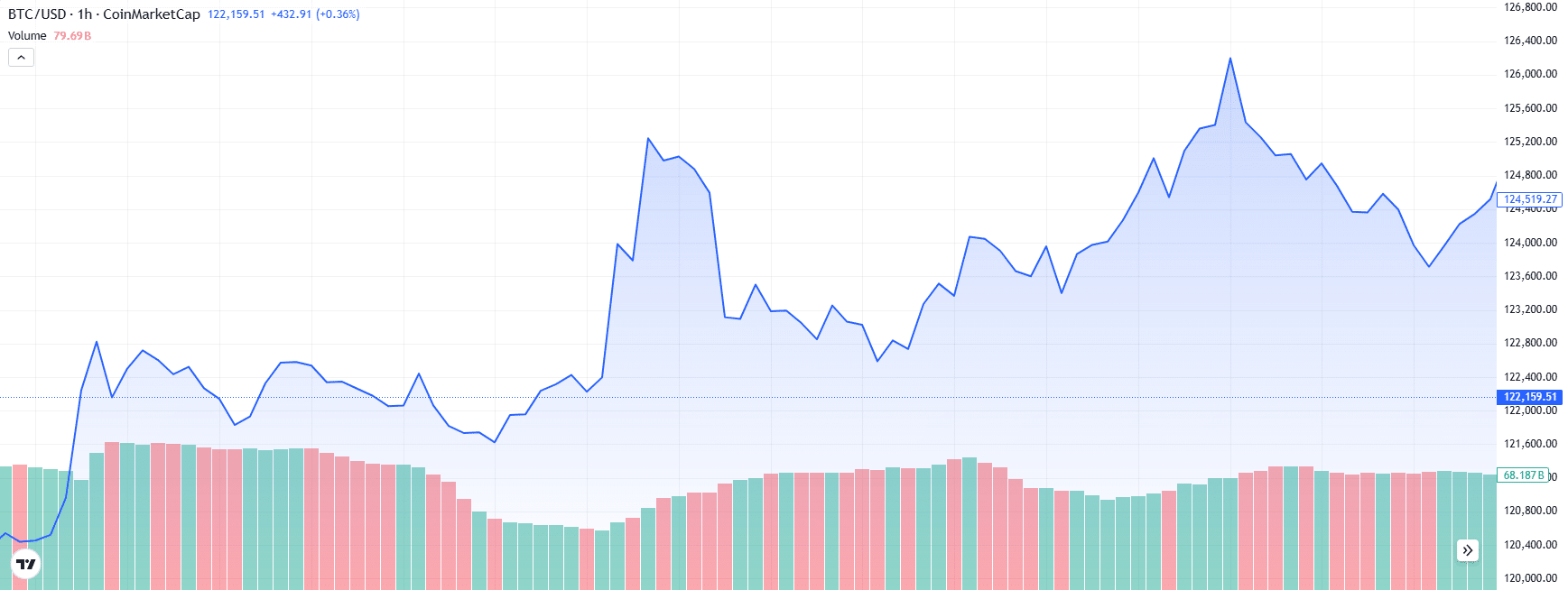Crypto Losses: What's Really Going On?
Crypto has made some people rich, but others have lost big. What’s happening? It’s often more than just bad luck. A lot of it comes down to how people think. People jump in without a plan and start seeing crypto as a gamble instead of a real investment.

Crypto: Skill Beats Luck
Many get into crypto hoping to get rich fast, always searching for the next hot coin. They might put money into coins without much research, hoping to make a quick profit. Some people get lucky and make money fast. But if you're just guessing, it's hard to create lasting wealth.
Treating crypto like a lottery ticket isn't a great idea. Gaining wealth comes from hard work, not just luck. Smart investors know a good plan helps a lot. Instead of chasing risky returns, they aim for smaller, gains that add up over time.
To create a crypto plan, you need to do your research, understand the projects, and see how they fit together. Find ways to spread your investments to stay stable, and only risk what you can lose. If you learn and follow your plan, you'll be better to reach your financial goals using crypto. The keys to crypto success are learning, planning, and patience.

Crypto Growth: Playing the Long Game
Building wealth in crypto is more like a marathon than a sprint. Small, regular wins over time can really make a difference. A few 5x gains can turn into a 125x return, which might be simpler than chasing after one huge score.
If you pick good investments and aim for regular 2x or 3x gains, you can carefully grow your crypto portfolio while lowering risk. The key is to be consistent and stick with your plan.
Why Being a Small Crypto Investor Can Be a Good Thing
It might sound strange, but small crypto investors often have more freedom than large firms or venture capitalists. Here's my take on why:
Big players need to invest huge sums of money, so they can't easily buy and sell smaller, relatively unknown tokens.
If you're running a smaller portfolio, you can react faster to market changes and get involved in new trends sooner.
Individual investors can get in on the ground floor before the big institutions do. That means grabbing profits early on.
So, surprisingly, being small can actually be an advantage in the crypto world.

How to Win at Crypto
Want a system that works? Here are three simple rules to follow:
1. Pick a Niche and Learn It Well
Focus on one area, like AI, DeFi, or gaming. The more you know, the easier it is to find real chances.
2. Watch Where the Money Goes
Prices go up when money flows into an area. Getting in early gives you a big head start.
3. Keep Your Money Safe
The most important rule: don't lose money. If a trade doesn't look good, stick with stablecoins. Saving your money means you'll be ready for the next big thing.

Stop Guessing, Start Growing Your Crypto
Investing in cryptocurrency isn't about luck. It's about making smart choices. Instead of chasing every new coin, build a strong base with steady, small wins. Protect what you have, create a plan, and stick to it. That's how you can grow your wealth over time, while others are taking big risks.
